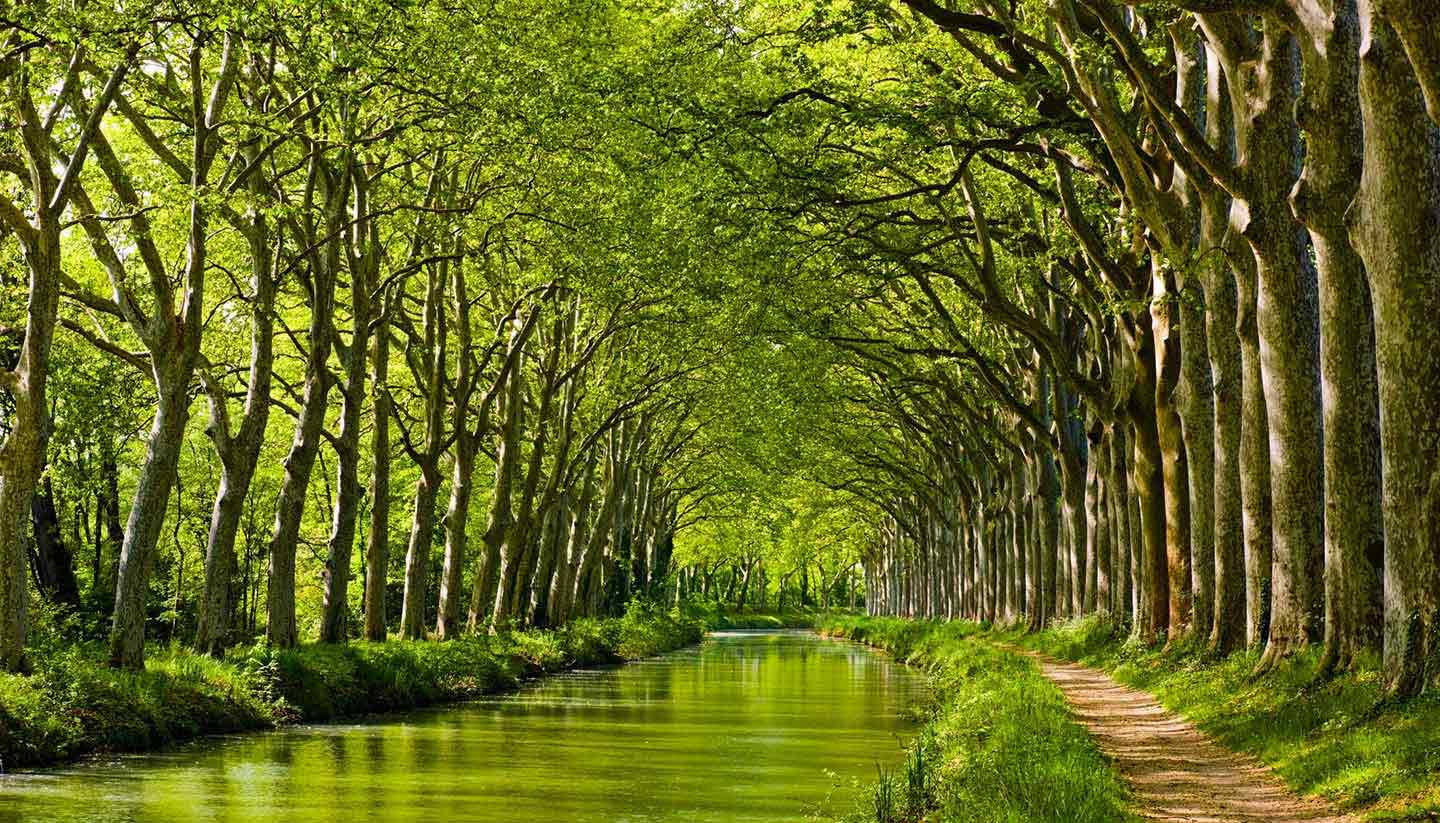Toulouse History
Although the Romans arrived over 2,000 years ago, it was events around the 12th and 13th centuries that both defined and scarred the history of Toulouse.
Back then, France as we know it today didn’t exist, and the area was divided into the north, where people said oui to mean yes, and the south, where people said oc. The southwest became known as ‘Langue d’Oc’ (the language of Oc) and Occitan simultaneously described the people, the language and the culture.
Times were tolerant, until the Pope declared a crusade against the Cathars, a peaceful but non-Christian people living in the area. Langue d’Oc was torn apart, cities were burned, sieges went on for months and the Inquisition set up headquarters in Toulouse. In the end, the Cathar genocide established the might of the Catholic Church and the power of the north. Toulouse became annexed to France.
The intervening centuries included plenty of skirmishes with the English over the nearby wine region of Bordeaux, as well as floods, pestilence and fire. But it wasn’t all bad.
The discovery of woad, the only blue dye available in Europe, revived Toulouse’s fortunes. Violets, too, helped to make the area fashionable. The University of Toulouse, one of the oldest in Europe, flourished, and Toulouse became a pivotal point on the pilgrimage to Santiago de Compostela.
The 20th century brought along the next big thing to give the city a boost: the aerospace industry. As the central hub of Airbus and the home of Concorde, Toulouse is flying right into the future, despite the frequent reminders about its past.
Almost every building in the centre has a story that can be traced back through time. Look out for the Occitan cross in the centre of Place du Capitole and the Occitan language on the street signs, just beneath the French.
Did you know?
• It is often referred to as the Pink City due to the rose-colored bricks used in the construction of most of the city's buildings.
• Many of the city's buildings and monuments are named to recall the martyrdom of a saint who died after being tied to the tail of a bull.
• Airbus has sold more than 15,000 aircraft and almost 9,000 jets since it was established in Toulouse.


